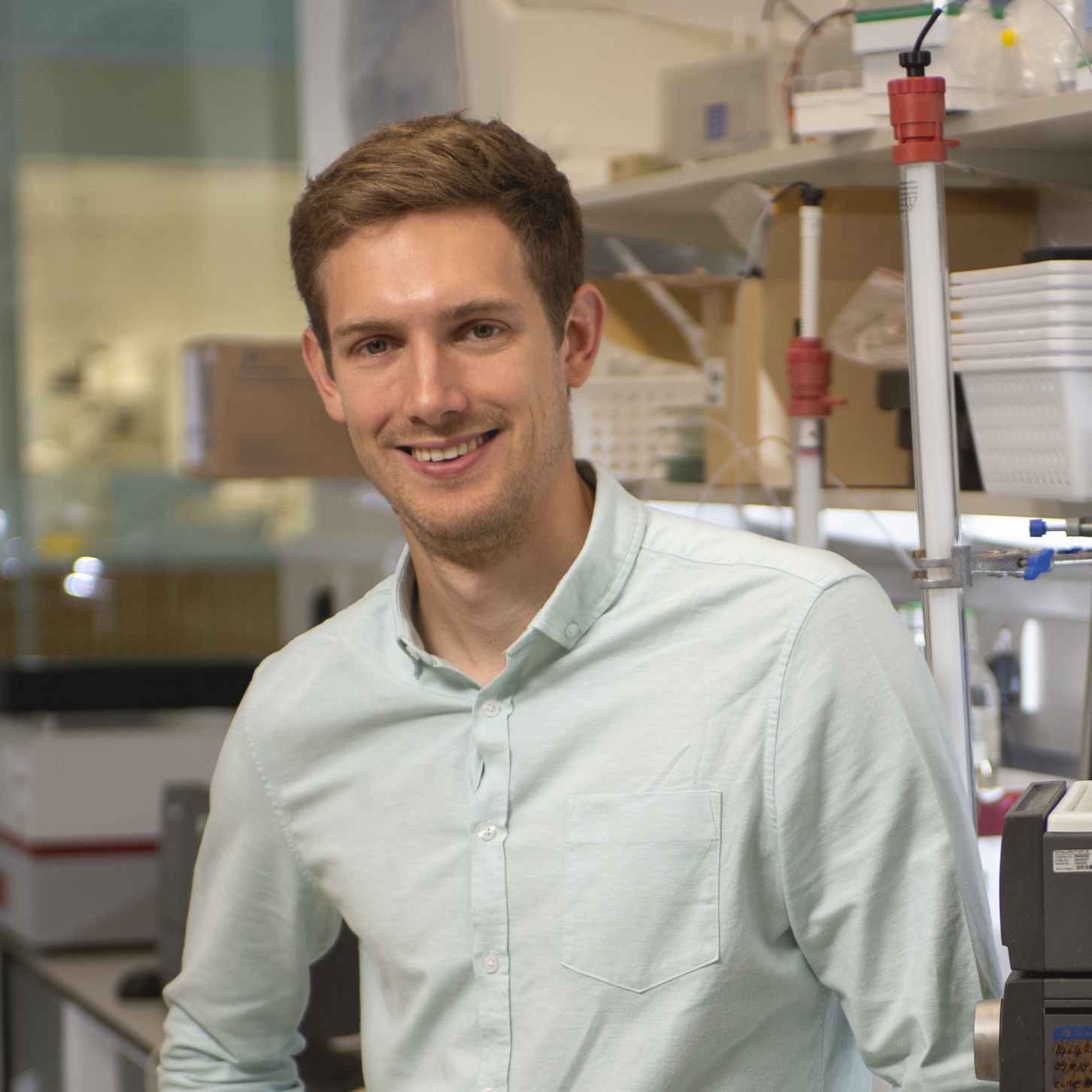
Keywords
Clinical Conditions
Equipment & Techniques
Ordered assembly of a small number of proteins into amyloid structures within neurons and, in some cases, glia underlies neurodegenerative disease. We work to understand the molecular basis of amyloid assembly in neurodegenerative disease. Key questions that interest us are: How do assemblies form and propagate? How does this contribute to nerve cell degeneration? Why are only some cell populations in the brain vulnerable? Why does selective vulnerability differ between diseases? We combine structural and cell biology, using high-resolution electron microscopy with patient samples and advanced cellular and in vivo models of assembly. Electron cryo-microscopy (cryo-EM) of assembled tau filaments from human brains revealed disease-specfic structures containing unique protein folds, as well as non-proteinaceous components. We are now studying how these structures relate to selective cell vulnerability by focusing on the molecular interactions between assemblies and brain cells.
The cryo-EM structure of TDP-43 filaments in Type A FTLD-TDP
